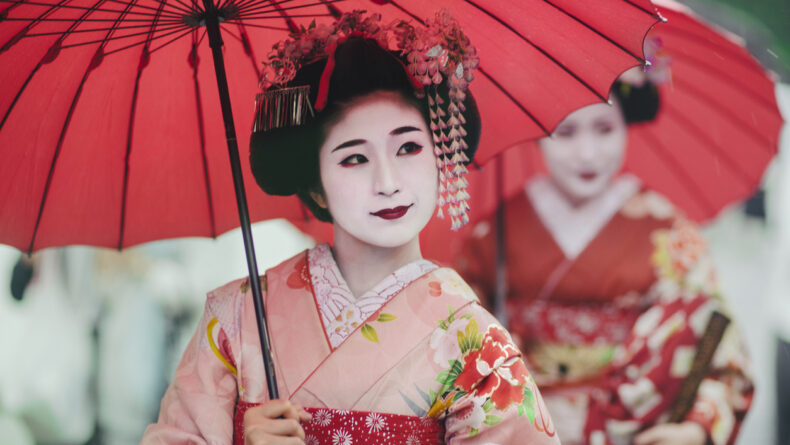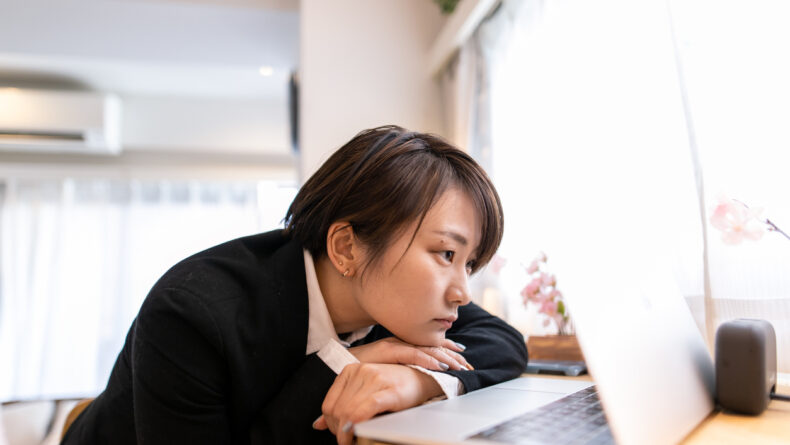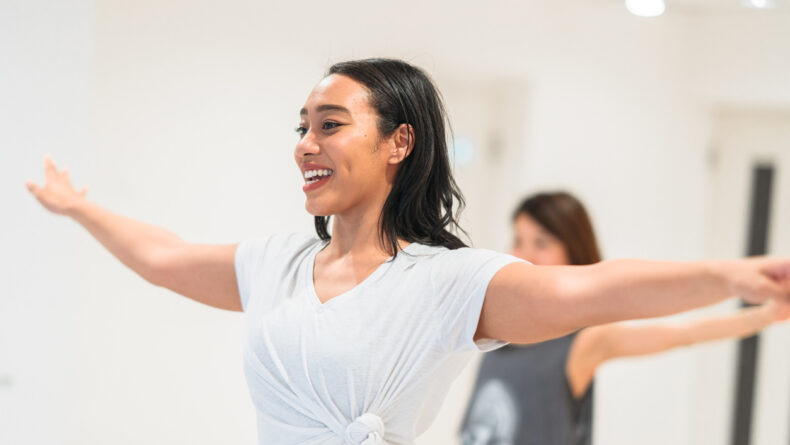Joshiryoku: How Is Girl Power Defined In Japan
Cultural Norms For Living Like A Lady
Girl power versus the concept of "joshiryoku" — how is women's empowerment defined culturally in Japan?
Girl power. A child of third-wave feminism in the late 1980s and largely promoted by our beloved Spice Girls in the ’90s, the term is commonly used in Western society to describe women’s independence and capacity to take control of their lives. It’s also there — you know — to remind you that yes, girls occasionally wanna have fun and are well within their rights to do so. In Japan, however, the term joshiryoku, often translated as “girl power” and abused by the media as a blanket synonym for “femininity,” has a different connotation. So what defines girl power in Japan?
“Joshiryoku takai (high-level girl power)!” That was exactly what my girlfriends told me just a few days ago when I took out a couple of band-aids to put on the painful blisters from my new stilettos during a night out. The same expression might be used when a girl brings homemade cookies for her friends for Valentine’s Day. In Japan it seems, a woman is praised by others for having a high level of joshiryoku when she is a good cook, has awesome fashion sense and speaks like a lady — just to name a few.
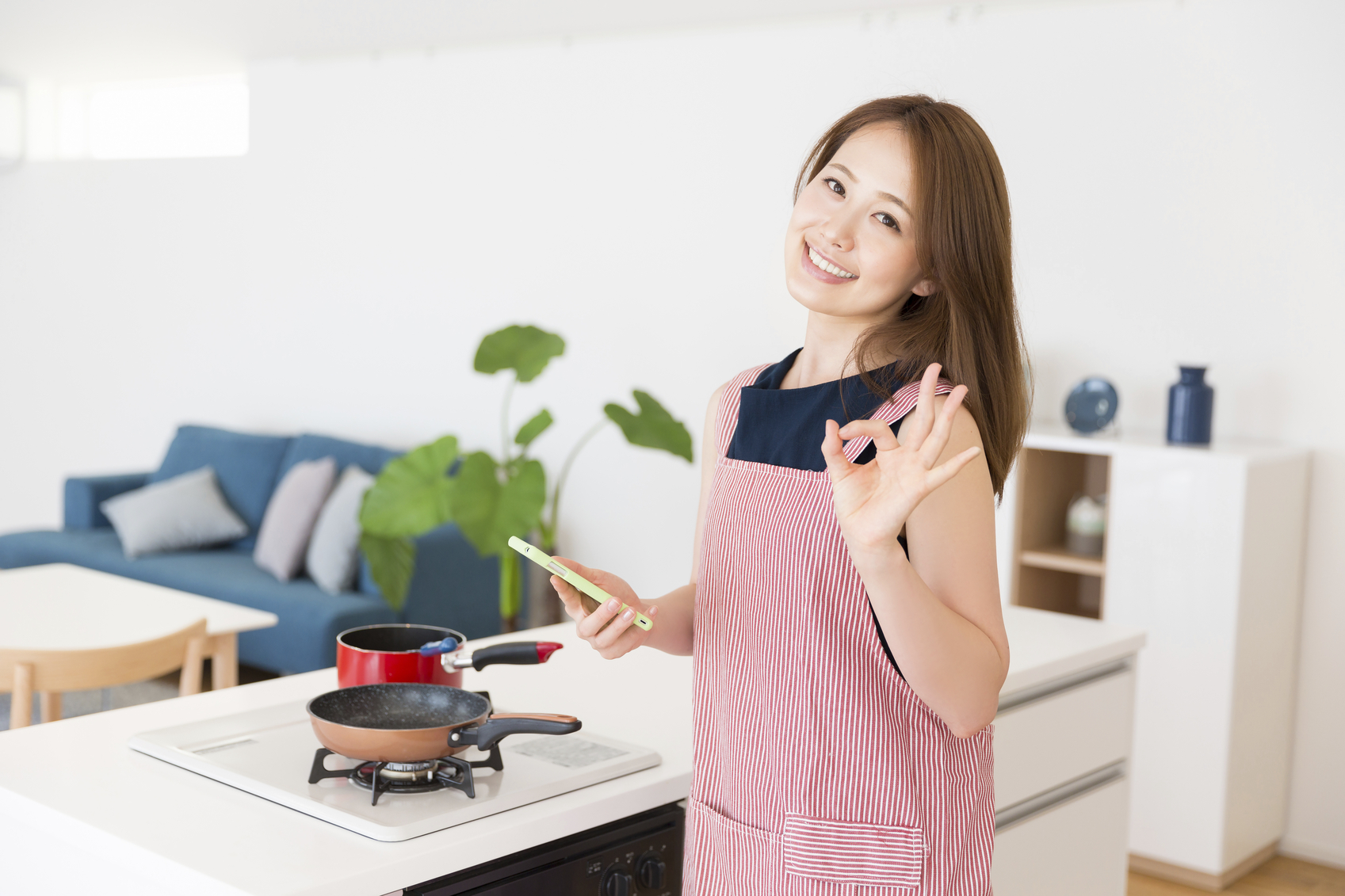
Contrary to its English counterpart, the Japanese term is not used to describe a strong, independent woman, but rather focuses on women’s ability to look after their appearance and being insightful enough to care for others, as well. It refers to a woman who spends a significant amount of time on her looks but at the same time is a motherly figure aware of her surroundings.
As implied in the highly debated word 良妻賢母 (ryosaikenbo), the idea of being a “good wife” and a “good mother,” many women still choose — or are given no choice — but to quit work in order to fully devote their time to being mothers and wives once they tie the knot. Although much has changed in recent years, with more companies installing childcare centers at the office for working mothers and assigning women to managerial roles, there is still a tendency to associate women with ladylike appearance, behavior and feminine social roles. Women in Japanese society are still expected to maintain a roster of traditional feminine charms at any age, and are praised when they show signs of them.
In a 2014 survey conducted by Mynavi News, which asked 173 men what they define as joshiryoku in women, the majority had answers that were associated with either women’s appearance or their skills at home. Here are a few examples:
- “(It means) brushing up her skills. Going to a cooking school or something” (27, construction business)
- “Cooking and doing housework well” (53, finance)
- “Polishing her femininity. Taking calligraphy lessons” (49, non-specified occupation)
- “Having the skills to attract men” (33, finance)
- “Wearing makeup” (42, electric supplies company)
- “Working very hard behind the scenes” (48, media)
The notions of going to an esthetician and wearing the proper nail polish are many. Thankfully, one man also mentioned that to him it means “securing her financial stability,” but nowhere could we find words such as “independence” or “guts” — and certainly no Scary Spices allowed. In other words, joshiryoku from a male perspective means a good-looking woman who is also Mrs. Perfect. She can still put together an awesome nikujaga even if you wake her up in the middle of the night — just one of her many accomplished household skills.
Joshiryoku from a male’s perspective, means a good looking woman, who is also Mrs Perfect.
At the same time, joshiryoku is also a very common and highly used term among women during girls-night-outs. Among women, the word tends to be used to describe inner beauty or lifestyle choices they make. A woman might be praised for going on a morning run every day. She might be told she has a high level of joshiryoku for eating organic veggies and drinking cold-pressed juice. Spending money and energy on health and beauty is associated with the idea of admirable self-maintenance. Living a healthy and fulfilled life is what Japanese women take into consideration when they talk about their own femininity.
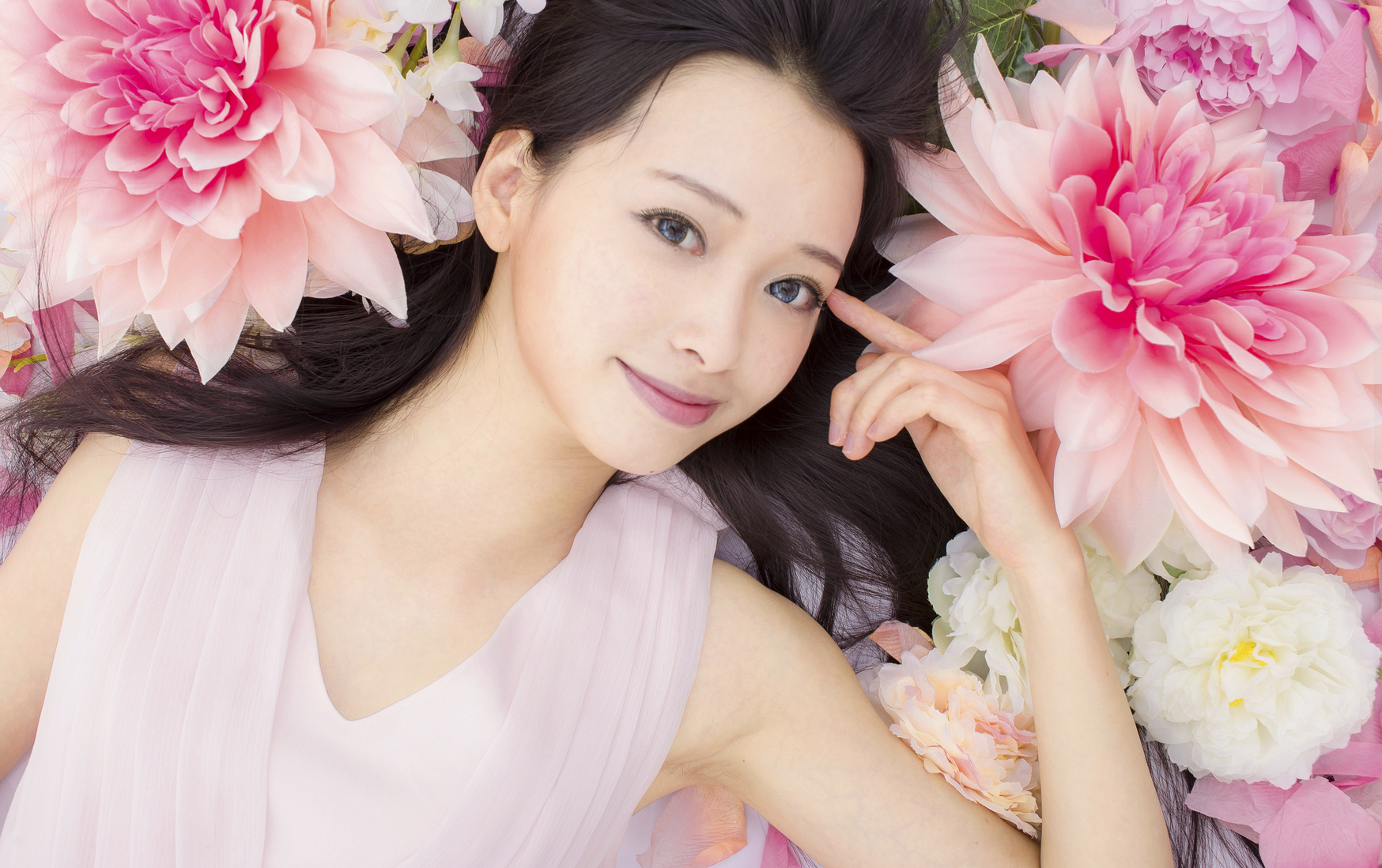
The popular Japanese beauty and lifestyle website Jooy conducted a survey regarding differences in perception of joshiryoku between men and women. The findings were not that surprising.
The ladies’ top five choices were:
- Clean appearance, but good looks not essential
- Ability to pay attention to others’ feelings
- A good personality
- Ability to read between the lines
- A good cook.
The men’s top five were:
- Good looks
- Good skin
- Wearing make-up well
- Fashionable and knowing the latest beauty trends
- Smells good
We get it. There are many expectations for women here, as anywhere else in the world. But if you want to be told that you’re rocking that girl power in Japan, head to the nearest cooking class and don’t forget to wear your best nail polish.
Has someone ever told you that you have “high (or low) level joshiryoku” in Japan? Share your experience!









